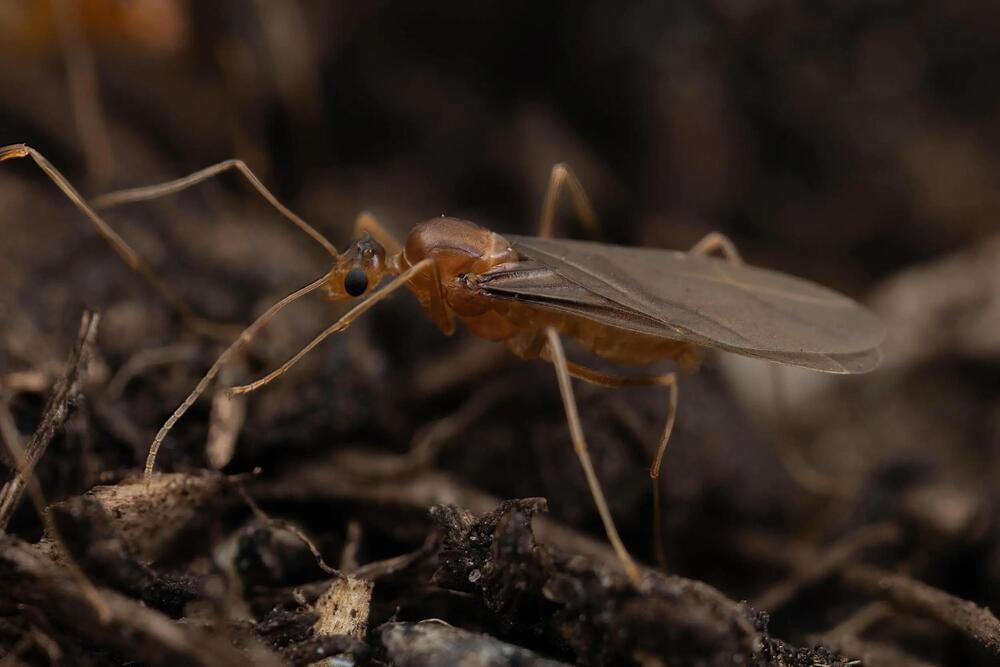International researchers studying the yellow crazy ant, or Anoplolepis gracilipes, found that male ants of this species are chimeras, containing two genomes from different parent cells within their bodies. This unique reproductive process, originating from a single fertilized egg that undergoes separate maternal and paternal nuclear division, is unprecedented and challenges the fundamental biological inheritance law stating that all cells of an individual should contain the same genome. Credit: Hugo Darras.
The yellow crazy ant, known scientifically as Anoplolepis gracilipes, is notorious for being one of the most devastating invasive species.
A species is a group of living organisms that share a set of common characteristics and are able to breed and produce fertile offspring. The concept of a species is important in biology as it is used to classify and organize the diversity of life. There are different ways to define a species, but the most widely accepted one is the biological species concept, which defines a species as a group of organisms that can interbreed and produce viable offspring in nature. This definition is widely used in evolutionary biology and ecology to identify and classify living organisms.
